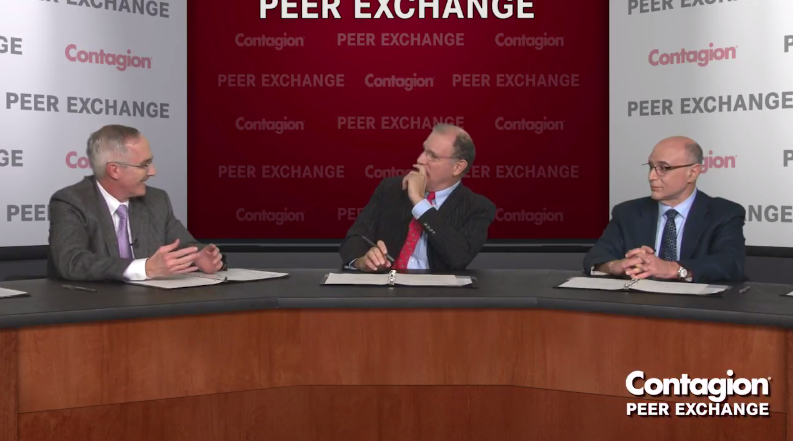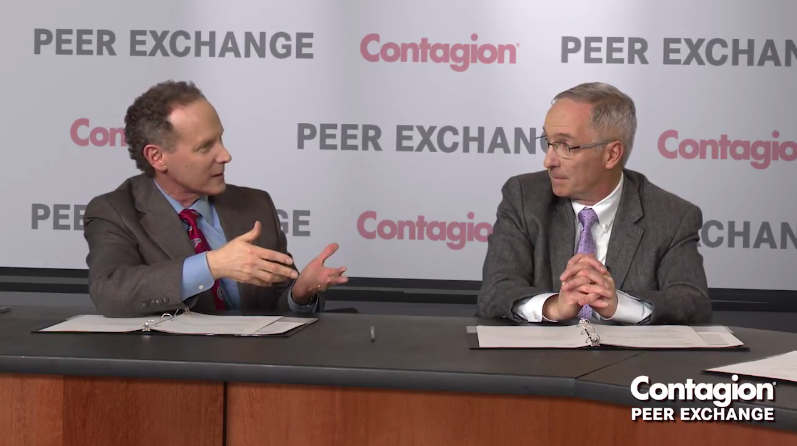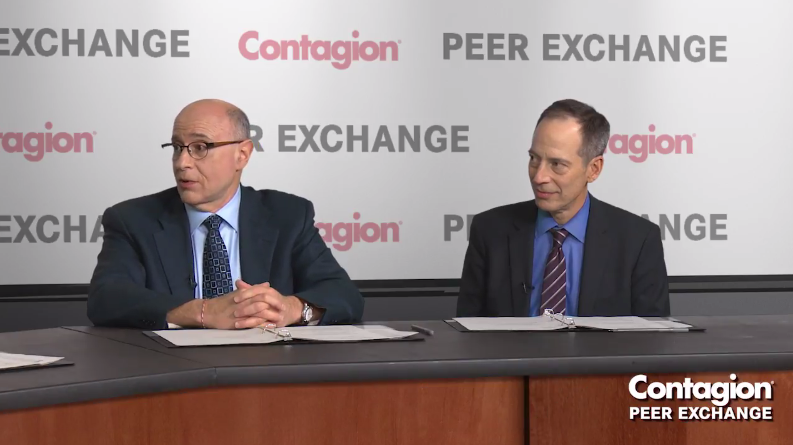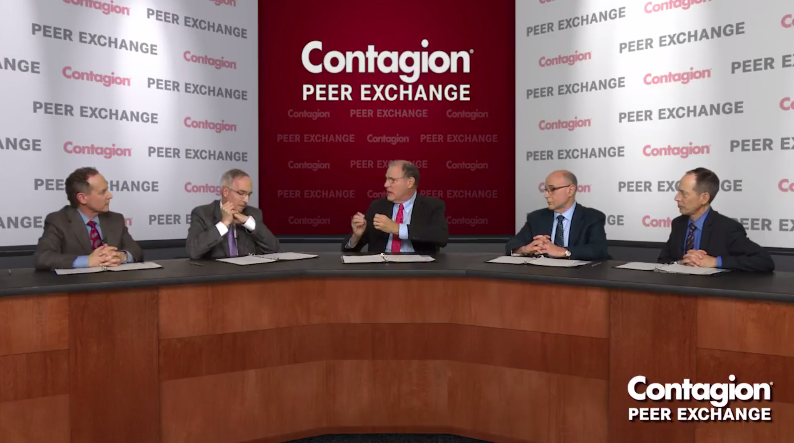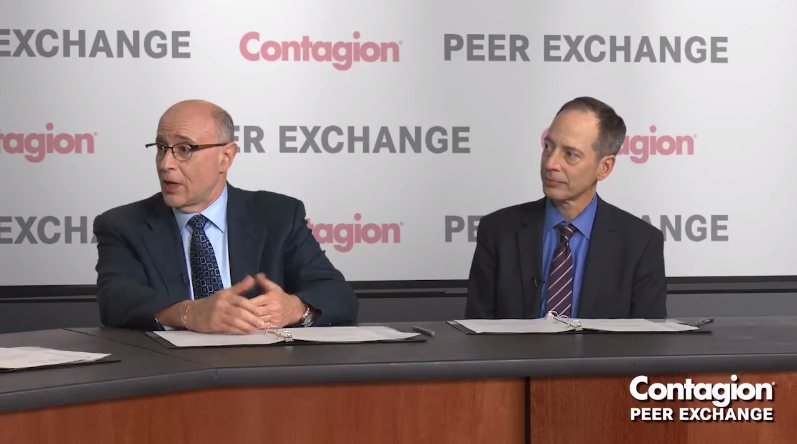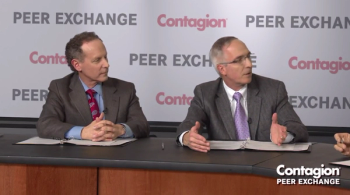
HIV / AIDS
Latest News
CME Content

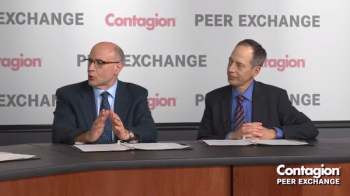
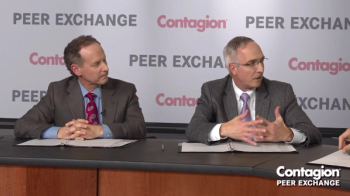
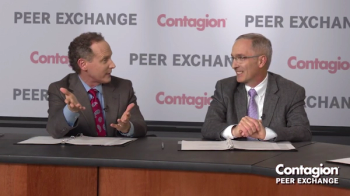
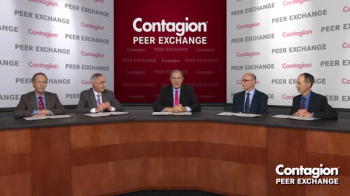

Research published in Molecular Therapy in early May could help uncover latent HIV-1 cells that serve as a viral reservoir.

In case you missed them, here are our top 5 articles for the week of May 7, 2017.

A study conducted by researchers from the University of Bristol analyzed survival rate trends among HIV-positive patients from the United States and Europe.

UNC School of Medicine researchers have identified a new HIV reservoir, a finding that can be used to inform cure research.

This week’s Public Health News Watch focuses on news that the new American Healthcare Act (AHCA), recently approved by the House, reportedly will not cover those with preexisting conditions.

In case you missed them, here are last month's Top 5 news articles from Contagion®.

In certain locations in China, it’s now as easy to purchase an HIV test kit as it is a snack. But are rapid HIV self-tests the next big thing, or a big bust?

In a collaborative effort, scientists from Johns Hopkins School of Medicine and George Washington University have found that defective HIV proviruses can complicate monitoring the true viral load within patients and distract the immune system from attacking the functional virus.

Researchers from Zhejiang University in China take a closer look at how the incidence of different infectious diseases have changed in the first decade after the SARS outbreak.

In a recent study, scientists from the NIH identify a set of protein complexes that are recruited viral genes and stimulate not only initial HSV infection, but also reactivation of dormant HSV.

More comprehensive molecular and genetic sequencing could help link cases to each other and alert authorities to HIV “clusters” that otherwise might be missed.

In underserved nations where HIV rates are high, rapid diagnostic tests (RDTs) have been relied upon to determine which individuals are infected; however, there is concern about the accuracy of these tests.

This week’s Public Health News Watch shifts the focus towards pop culture as a Grammy award winner, and one of the foremost activists for the HIV/AIDS crisis has been taken ill with what news outlets are reporting as a “rare and potentially deadly bacterial infection.”
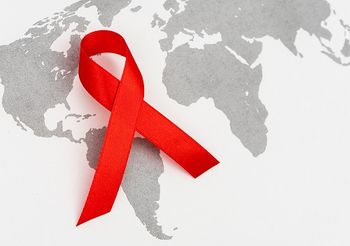
Using statistical mapping strategies, UCLA researchers have found that the WHO and UNAIDS strategy to eliminate HIV in sub-Saharan Africa is not feasible because it doesn’t consider several important factors.

A new mathematical model developed by Yale School of Public Health estimates that vaccines used in tandem with interventions can potentially avert millions of HIV cases in the upcoming years.
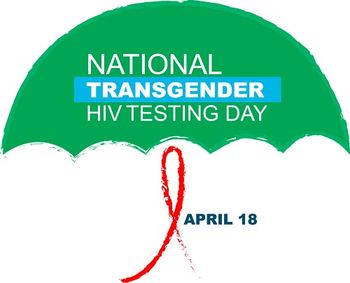
Each year, on April 18th, we recognize the importance of HIV testing and status awareness as well as prevention and treatment efforts among transgender individuals, a population particularly at risk for the virus.
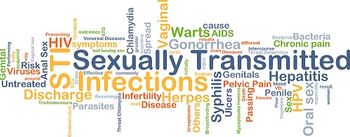
CDC researchers explore if local and state health departments provided HIV services as a part of their STD programs.

In case you missed them, here are our top 5 articles for the week of April 2, 2017.

WHO representatives warn that a “flare-up” of TB/HIV coinfections coupled with high rates of drug-resistant tuberculosis can threaten progress made towards the elimination of TB.

The WHO recently revised its guidelines on progestogen-only injectable contraceptives in light of new evidence that their usage may involve a higher risk of contracting HIV.

